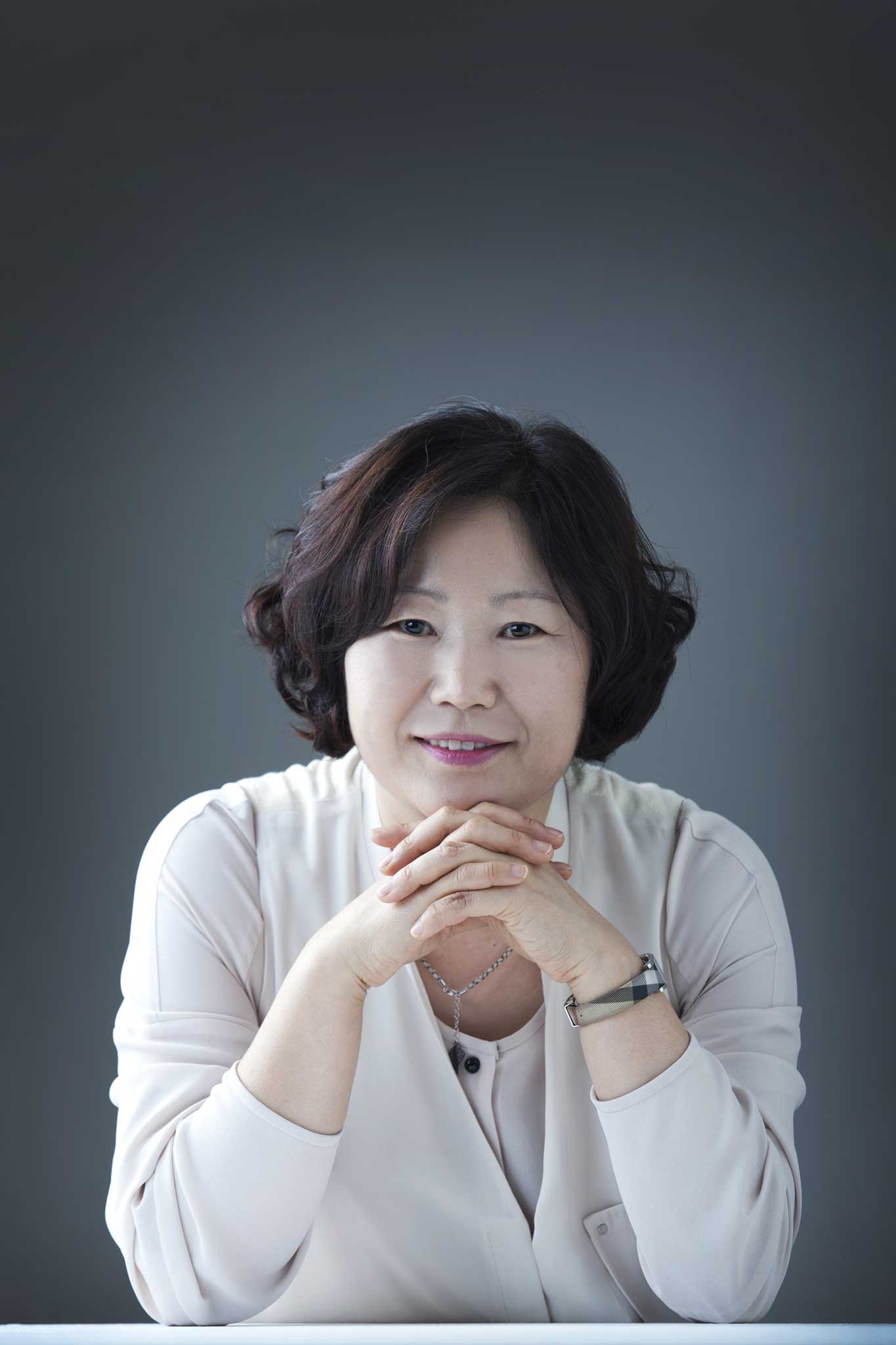Korean fiction: Stories that weave history with myth

On a trip to Korea in 2011, I came away from Paju Book City with a tiny but precious memento. It was a slug of lead inscribed with a Korean character from a hot-metal print shop that still crafts fine editions in this hi-tech publishing hub north of Seoul. Here, the arts of the book yoke past and present in a long, unbroken line. The world's oldest surviving woodblock print comes from Korea (before 751AD); as does the oldest book with metal moveable type (1377). When Korean literature takes centre-stage at next week's London Book Fair, a distinguished elder will be visiting an upstart relative.
Fittingly, the easiest way to sample recent translations of Korean fiction into English takes the timeless form of a farmyard fable. A touching but elusive parable, The Hen Who Dreamed She Could Fly by Sun-Mi Hwang (translated by Chi-young Kim; Oneworld) tells of a rebel chicken who escapes the coop, then the yard. Sprout becomes a vulnerable "wanderer in the fields", in search of a family but menaced by the risks of freedom – above all, by the fearsome one-eyed weasel. Liberation will carry a steep cost but brings its own rewards.
Sprout's bravery and loneliness – and the burdens of her maternal love – also suffuse the biggest literary hit to emerge from Korea in the past few years: Kyung-sook Shin's Please Look After Mother (Phoenix). When a frail matriarch goes missing in the metropolitan hubbub of Seoul, various voices from one family intertwine to register the gains, and the pains, of urban modernity. Shin's next novel, I'll Be Right There (trans. Sora Kim-Russell; Other Press), also draws a tender group portrait in Seoul – of a quartet of students united by the wave of protests that in 1980 followed the Kwangju Uprising against the American-backed military dictatorship. This pivotal period underlies the hopes and dreads of fragile young folk adrift in a city "tangled as a spider's web", but consoled by mutual affection, poetry, and the perennial beauties of nature.
The Kwangju revolt proved a turning-point for a true giant of Korean fiction: Hwang Sok-yong, who notes that "what the Sixties were to the West, the Eighties were to Asia". Born in Manchuria in 1943, a student dissident and then a factory worker immersed in radical causes, Hwang began to chronicle his country's history in landmark novels that merge strongly documented realism with vivid glimpses into the spirit-haunted realms of tradition. Hwang served with South Korean forces in Vietnam, a conflict captured in The Shadow of Arms (trans. Chun Kyung-ja; Seven Stories), with its sharp focus on war as a corrupt global business.
The Ancient Garden (trans. Jay Oh; Picador) traces the paths of two separated lovers across continents and decades after 1980. Hwang's extraordinary novel The Guest (trans. Kyung-ja Chun and Maya West; Seven Stories) depicts via a ghostly web of witnesses the bloody clash between the twin alien creeds of Christianity and Communism during the Korean War. Atrocities on both sides are unleashed by the "pressure to be merciless".
In Jung-Myung Lee's The Investigation (trans. Chi-young Kim; Mantle), the equally merciless Japanese occupation of Korea drives a Second World War mystery set in Fukuoka prison. A forbidden passion for poetry binds the three protagonists: the jailed Korean bard Yun Dong-ju, whose life inspired the novel; the outwardly tough guard Sugiyama, and Yuichi, the bookish Japanese narrator. Lee's story celebrates the power of poetry, of books and of reading, to lend us a "sixth sense" that can heal and transform even in the harshest times.
In this hellish jail, poetry both subverts and redeems, and "Only the purest language could testify about the most brutal era". Now, Britain's penal authorities become the "executioners of literature" as they ban the gift of books. So this Korean bestseller deserves to fly across our own prison walls.
Subscribe to Independent Premium to bookmark this article
Want to bookmark your favourite articles and stories to read or reference later? Start your Independent Premium subscription today.

Join our commenting forum
Join thought-provoking conversations, follow other Independent readers and see their replies